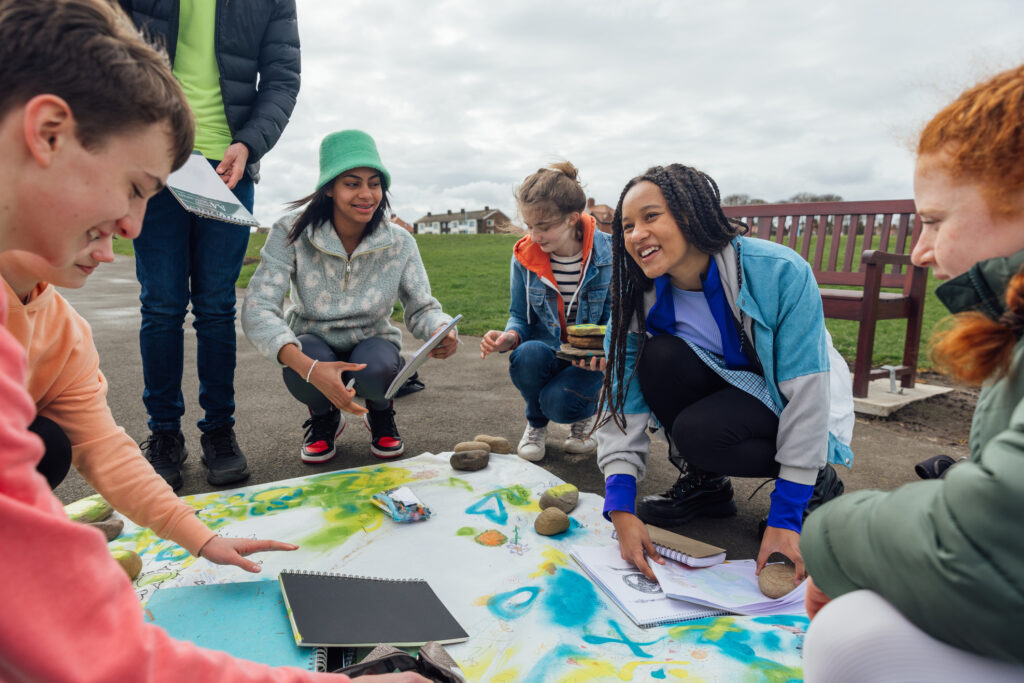
Core: COMMUNITY ENGAGEMENT
Course Duration
2 Years
Examination Board
IB
Entry Criteria
Compulsory part of the IBCP

Course Duration
2 Years
Examination Board
IB
Entry Criteria
Compulsory part of the IBCP
To foster personal and social development, develop ethical and cultural awareness, and enhance skills in leadership, collaboration, and problem-solving through community-focused action.
LO1—foster reciprocal and dialogic engagement
LO2—explore systems, and develop awareness of their roles within these
LO3—develop, articulate and enact ethical thinking and action
LO4—engage in reflective and reflexive practice.
Forms of engagement could include:
Unlock Your Future with Service Learning in the International Baccalaureate Career-related Programme (IBCP)!
Service Learning in the IBCP is more than a program requirement – it’s a powerful springboard into impactful and fulfilling careers. By blending academic knowledge with hands-on, community-centered projects, Service Learning enables students to develop a strong sense of purpose, practical skills, and a commitment to making a difference. Through real-world problem-solving and meaningful engagement, students gain insights into fields like social work, environmental sustainability, public health, education, and community development.
This experience not only builds professional skills but also fosters qualities that employers value: empathy, cultural awareness, communication, and leadership. Students leave the program ready to thrive in career paths focused on social impact, equipped with the skills and experiences that set them apart in today’s socially conscious job market.